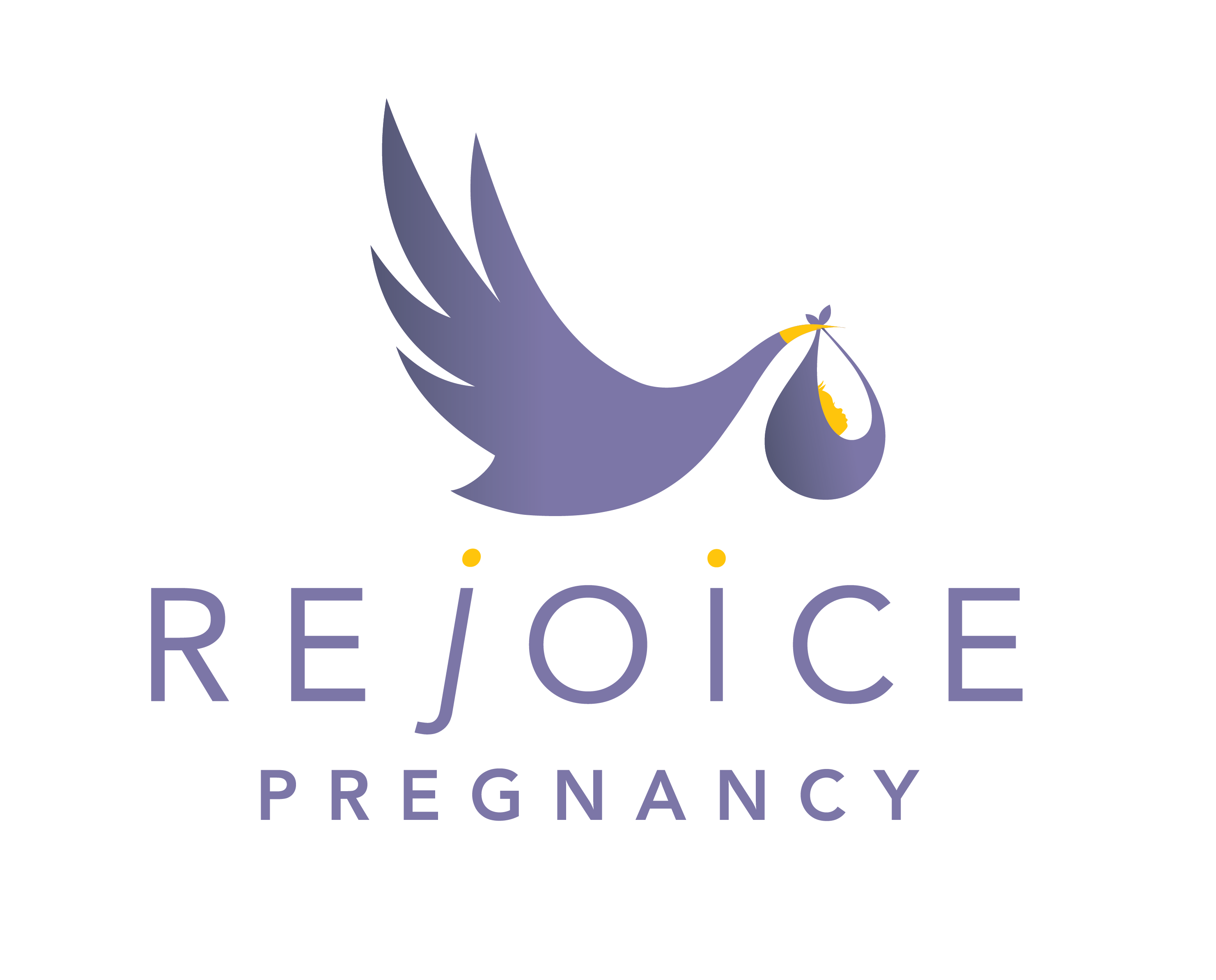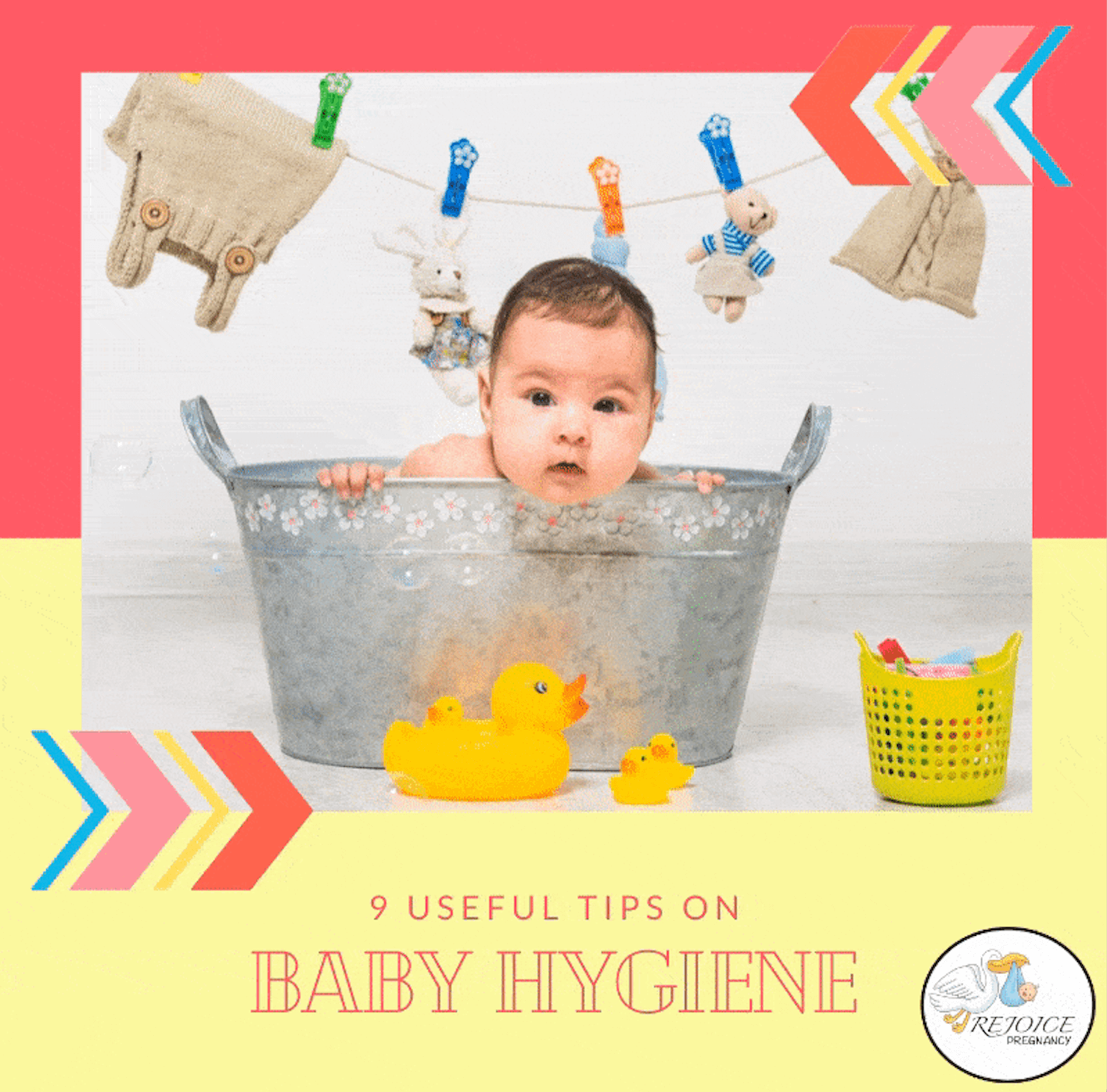1. Wash Your Hands
It is very important for both parents to wash their hands with a good antibacterial soap before they pick up their baby. If you touch your baby without using a hand sanitizer, he/she could become susceptible to harmful germs and suffer from infections like colds, diarrhea, flu, etc. It is also very important to wash your hands before preparing your baby’s food or feeding. Never forget to wash your hands after changing the nappies or using the restroom.
2. Clean their ears
Clean the baby’s delicate ears very gently. Never insert cotton ear buds into his/her tiny ears.
3. Keep Baby’s Nose Unclogged
Clean the dried mucous deposit in your baby’s nose gently. You can use a damp soft cotton cloth to do so.
4. Keep Your Baby’s Toys Clean
Most babies have a habit of putting their toys into their mouths. Regularly wash your baby’s toys to keep them clean. After washing the toys with plain water, wipe them using a clean tissue paper.
5. Wipe Gums And Teeth Daily
Your little one obviously doesn’t quite have teeth yet but that doesn’t mean that their oral care should be skipped. Once a day, clean your baby’s mouth and gums with a damp cloth. It may seem like it is unnecessary because your baby is still young and doesn’t even have teeth yet. However, wiping your baby’s gums regularly helps to keep bacteria at bay and keep the gums healthy and ready when the teeth do come in. As your baby gets older, the wiping of their gums will feel good as they begin teething. Their swollen and red gums will love the soothing feeling of a cool cloth rubbing against their gums.
6. Change Diapers Frequently
In the beginning, when your baby is only drinking milk, they are soiling their diapers constantly. It is important to change the baby’s diapers as soon as you notice that they are ready for a change. You simply need to keep an eye out for soiled diapers. When you let a baby sit in their soiled diaper for too long, the moisture can create a nasty and very uncomfortable rash for the baby that can reach their bottoms and private areas.
7. Keep The Baby’s Nails Trimmed
Most babies are born with long nails. Because they have almost no control over their hands or limbs, they often scratch their faces and necks without meaning to. While mittens may be useful for the first couple of weeks, they would still somehow manage to get it off their hands. The best solution is to use baby nail clippers and make sure that their nails are clipped. This also keeps dirt from building up underneath as babies tend to put their hands directly into their mouths often.
8. Separate Baby Items
It can be a tempting to use household washcloths, soaps, and powder for the baby. Purchasing separate items for the baby may seem like an unnecessary cost. However, the baby needs to have his/her own set of hygiene materials from washing cloth to nail files. A baby’s immune system is not nearly as advanced as an adults. This means that cross contamination between household materials (that may not affect you or the rest of your household) can definitely affect your baby. On top of that, your baby’s skin is incredibly delicate and sensitive. The bacteria left behind on shared items can give your baby a skin reaction such as breakouts and rashes. Your baby needs his/her own soap, powder, as well as washing cloth and towel.
9. Sanitize Your Home:
To limit your baby’s exposure to harmful germs and microbes, keep your home clean. Clean the floors using a disinfectant solution. Focus on sanitizing the areas your baby uses. If your baby uses a milk bottle, wash and sterilize it after each use to remove unwanted germs. If you are preparing baby food in your kitchen, clean the utensils properly with warm water and detergent. Clean the kitchen and bathroom with a good disinfectant.
By following these simple hygiene habits, you can help your little one enjoy good health and immunity.

